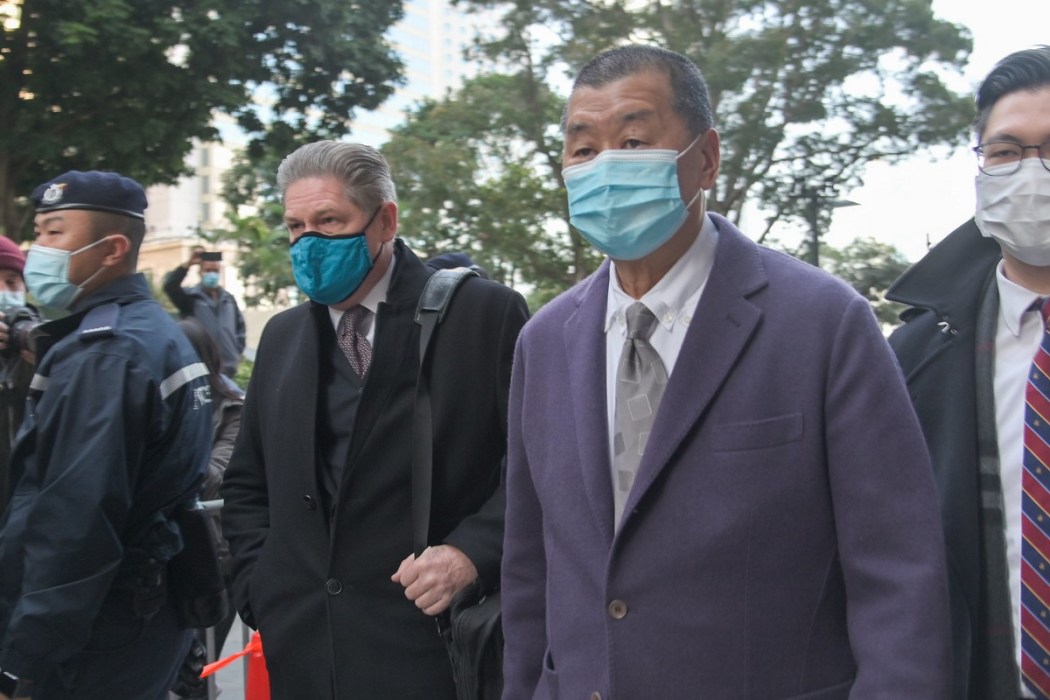Hong Kong’s Security Secretary John Lee denied on Monday that he was cracking down on press freedom by freezing the assets of pro-democracy media tycoon Jimmy Lai, the first such action under the national security law.
Lee refused to say why he had “reasonable suspicion” to justify freezing Lai’s assets, but told a press briefing the decision was made after “full consideration of the information” he has.

Last Friday, the authorities froze all Next Digital shares held by Lai, who was the founder of the firm and pro-democracy newspaper Apple Daily. They also froze bank accounts belonging to three of his other companies.
“The action we took this time was a crackdown on behaviour that endangers national security in accordance with the law, [it] has no direct relation to journalistic work,” said Lee. “Anyone, doing any job, must abide by the law.”
Lai is facing several charges relating to unauthorised assemblies during the city’s pro-democracy protests of 2019, a charge of alleged fraud relating to an office lease and two charges of colluding with foreign forces under the security law.
The law imposed by Beijing last June provides for punishment of up to life imprisonment.
Lee added that freezing assets was an “internationally recognised” means to combat or prevent money-laundering and illegal financing, and had nothing to do with private property rights.
Support HKFP | Policies & Ethics | Error/typo? | Contact Us | Newsletter | Transparency & Annual Report | Apps
Help safeguard press freedom & keep HKFP free for all readers by supporting our team
























